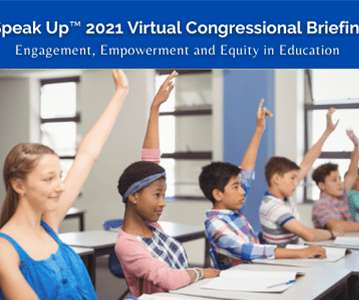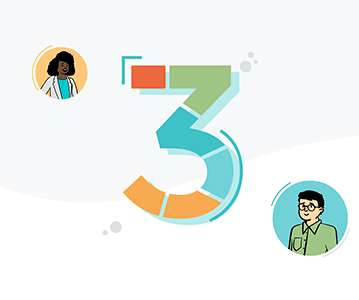The Asian Money Fueling US Edtech Investments
Edsurge
APRIL 26, 2017
The “cultivation of students’ entrepreneurship and innovation capabilities and practical skills” was a priority in China’s 5-Year Plan for 2016-2020. To adapt, many companies are investing domestically, particularly in China, where edtech companies raised more than $1.2 edtech startups raised last year. Nearly every major U.S.















Let's personalize your content